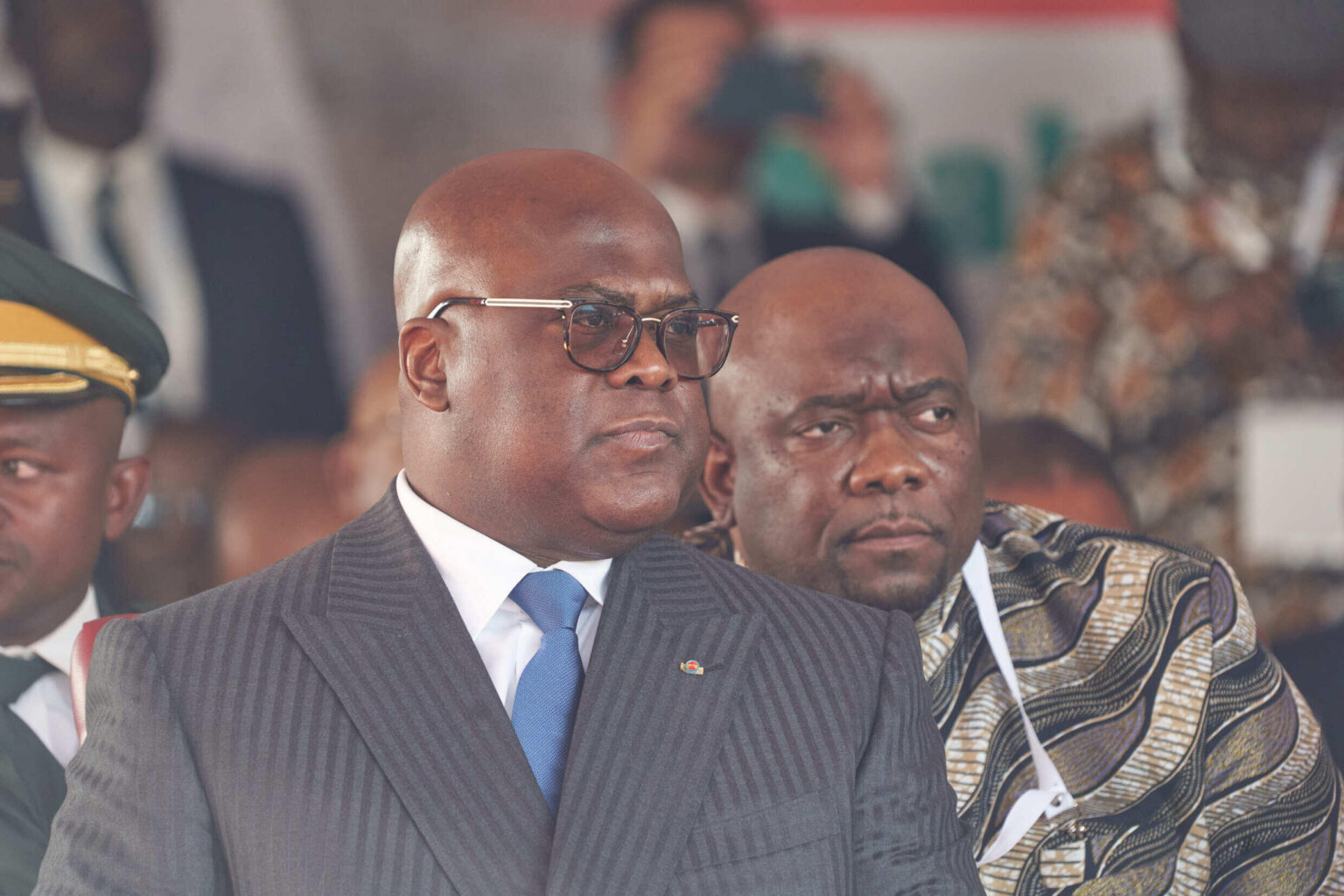- Economic considerations are why the world is watching the DR Congo elections.
- President Félix Tshisekedi’s approach to the Eastern Congo crisis is a matter of immediate political strategy and a defining aspect of his legacy.
- DR Congo’s political stability is crucial for international markets.
The Democratic Republic of Congo (DR Congo) is at a pivotal moment with the delay of its December 20th election, attracting global attention. This postponement, amid logistical challenges and the ongoing conflict in the eastern provinces, raises concerns about the integrity of the electoral process.
The country’s history of electoral irregularities, including allegations of fraud in past elections, amplifies these worries. The international community is closely monitoring the situation, as any perceived manipulation could further destabilize the already fragile political landscape of the country and the Central African region.
Winning the Hearts of Eastern Congo: A Keystone for Tshisekedi’s Legacy
President Félix Tshisekedi’s approach to the Eastern Congo crisis is a matter of immediate political strategy and a defining aspect of his legacy. The region, afflicted by ongoing conflicts and humanitarian crises, is a litmus test for his administration’s effectiveness.
Successfully addressing the grievances and needs of Eastern Congo’s populace, including the millions displaced by conflict, would bolster Tshisekedi’s local support and enhance his stature as a leader committed to national reconciliation and stability. His ability to bring peace and development to this troubled region could significantly shape his political legacy and the country’s future trajectory.
Understanding Electoral Dynamics in DR Congo
The logistical challenges of conducting elections in the DR Congo are daunting. With 75,478 polling stations awaiting sensitive electoral documents, the country’s vast geography and poor infrastructure complicates the task. This situation raises significant concerns about the feasibility of timely and efficient election conduct.
According to political scientist Bob Kabamba, holding elections amidst the ongoing conflict in eastern Congo, particularly in North Kivu and Ituri provinces, is impossible. The involvement of M23 rebels, the Congolese army, various militias, and foreign soldiers has created a volatile environment, adversely impacting the prospects for a fair and peaceful election.
There is a significant disconnect between the central government in Kinshasa and the people in the conflict-affected areas. This disconnection, fueled by physical distance and differing experiences, leads to a lack of identification with the central government, affecting the election dynamics.
President Félix Tshisekedi’s re-election campaign is marred by difficulties, especially when contrasted with the popularity of his primary challenger, Moïse Katumbi. Tshisekedi’s focus on the eastern conflict as a campaign issue has been undermined by unfulfilled promises and military defeats, affecting his credibility.
In regions like Goma in eastern Congo, there is a palpable sense of disillusionment and betrayal toward President Tshisekedi. Promises, such as establishing a military headquarters in Goma to confront M23, remain unfulfilled, leading to a loss of trust in his leadership.
The challenge of distributing 150 million ballots nationwide, especially during the rainy season, is another logistical nightmare. The lack of infrastructure and accessibility issues in many regions highlight the impracticality of holding elections under current conditions.
Read Also: Why Lake Tanganyika is vital to expanding trade between the DR Congo and Tanzania
Global economic factors and DR Congo elections
DR Congo’s economy is critical to why the world is watching this election. As one of the wealthiest countries in the world in terms of natural resources, including minerals essential for the global tech and green industries, DR Congo’s political stability is crucial for international markets.
With global implications, the election’s outcome could significantly impact the country’s economic policies, particularly in mining and resource management. Additionally, the nation’s potential as a significant player in Africa’s economic growth, including East Africa’s growth, given its vast resources and strategic location, makes the stability and direction of its governance a matter of international interest.
As DR Congo approaches its pivotal elections, its economy presents a paradox. The country has shown resilience despite being highly dollarized and undiversified, making it vulnerable to global shocks. The IMF forecasted it to grow by 6.8 per cent in 2023. Thanks to its robust mining sector and high commodity prices, the economy still faces risks from internal conflicts and global economic uncertainties.
The election period amplifies existing economic risks. External factors like the Ukraine conflict, China’s economic slowdown, and internal security challenges could adversely affect its export-driven economy. The government is thus poised to recalibrate economic policies to maintain stability and ensure peaceful elections.
Food Insecurity, Inflation, and Fiscal Pressures
Compounding these challenges is worsening food insecurity, partly due to external trade decisions like Zambia’s corn flour export ban. The confluence of the security crisis and elections escalates fiscal pressures, testing the government’s economic management capabilities. The DR Congo’s reliance on commodity exports, especially from the mining sector, is both a strength and a vulnerability. Fluctuating global commodity prices pose a significant risk, underscoring the need for economic diversification and improved fiscal management.
The upcoming elections stand at the intersection of regional stability, electoral integrity, and economic vitality, drawing the gaze of the global community. Optimism regarding the nation’s economic prospects persists, albeit tempered by the looming shadows of external shocks, internal strife, and the uncertainties of an election that could pivot the country’s trajectory.
Electoral dynamics, marred by logistical hurdles, political volatility, a chasm between government and marginalized regions, and public disenchantment, raise critical questions about the elections’ legitimacy. As the DR Congo navigates these multifaceted challenges, the international community watches intently, aware that the ripple effects will be felt far beyond the Congolese borders.
